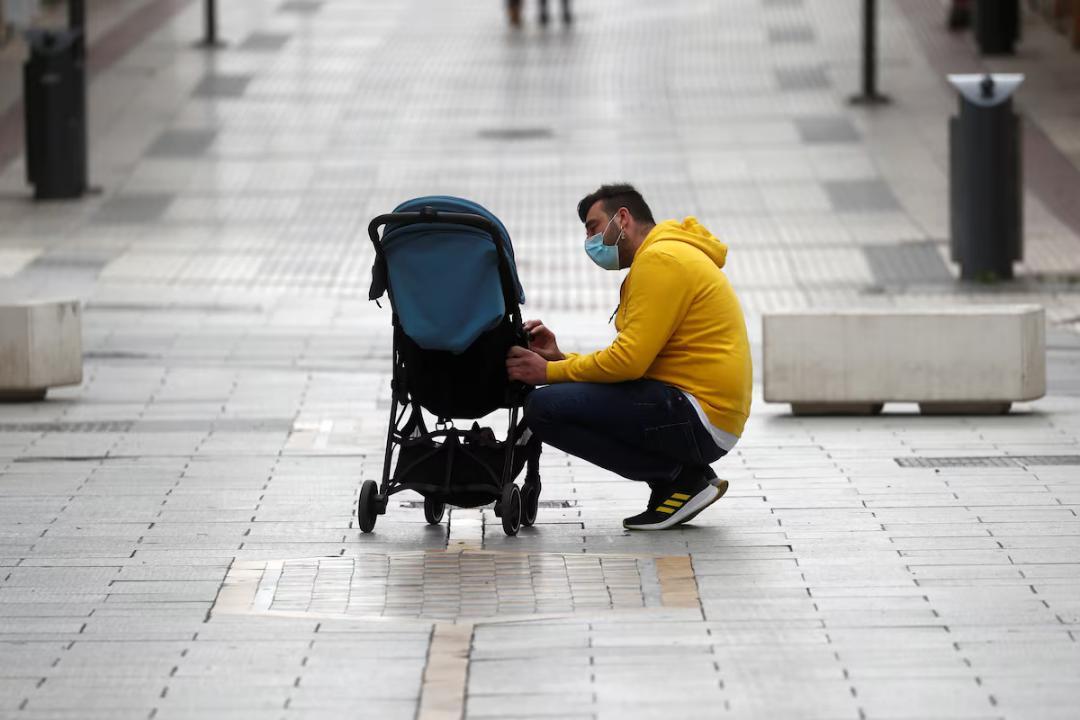
Spain to Offer 17 Weeks of Parental Leave to Both Mothers and Fathers
In a significant move towards gender equality, Spain has announced plans to extend its parental leave policy to 17 weeks, providing both mothers and fathers with a fully-paid break after the birth of a child. This new policy marks a major milestone in Spain’s efforts to promote work-life balance and support families, and is a significant departure from the traditional gender roles and expectations surrounding childcare.
Spain’s new parental leave policy is set to take effect in 2025, and will see fathers and mothers both receiving 17 weeks of fully-paid leave after the birth of a child. This is a significant increase from the current policy, which provides 16 weeks of paid leave to mothers and two weeks to fathers. The additional week of leave will be fully-funded by the government, and will be available to all parents, regardless of their employment status or income.
This move is part of Spain’s efforts to promote gender equality and challenge traditional gender roles. “Spain is moving towards feminism, and there’s no turning back,” said Spain’s Minister for Social Rights and Agenda 2030, Ione Belarra. “We’re not just talking about equality between men and women, but also between mothers and fathers.”
Spain is not the only country to offer equal, fully-paid birth leave to both parents. Finland is the only other EU country to offer such a policy, and Spain’s move is seen as a significant step towards narrowing the gap between the two countries.
So, what does this mean for families in Spain? The additional week of leave will provide parents with more time to bond with their new baby, and to adjust to the challenges of parenthood. It will also give them more time to attend to any post-birth medical appointments, and to rest and recover from the physical and emotional demands of childbirth.
For working mothers, the additional week of leave will also provide a much-needed break from the demands of work. Many mothers struggle to balance their work and family responsibilities, and the added stress of caring for a new baby can be overwhelming. The extra week of leave will give them more time to focus on their baby, and to recharge their batteries before returning to work.
For working fathers, the additional week of leave will provide a unique opportunity to bond with their new baby, and to take on a more active role in childcare. Traditionally, fathers have been seen as secondary caregivers, and have often been excluded from the early stages of childcare. The additional week of leave will give them more time to take on a more equal role in childcare, and to develop a closer bond with their baby.
The impact of this policy is not limited to families, however. It also has significant implications for businesses and the wider economy. By providing more time off for parents, Spain is hoping to reduce the number of working mothers and fathers who feel forced to choose between their job and their family. This will not only improve work-life balance, but also reduce the number of children who are left in childcare, and the costs associated with this.
In addition, the policy is expected to have a positive impact on the economy. By reducing the number of working mothers and fathers who feel forced to choose between their job and their family, Spain is hoping to increase productivity and reduce turnover rates. This will not only benefit businesses, but also the wider economy.
So, what can other countries learn from Spain’s move? The policy is a significant step towards promoting gender equality, and challenging traditional gender roles. It shows that governments can make a real difference in the lives of families, and that equal treatment of mothers and fathers is not only a moral imperative, but also a smart economic move.
In conclusion, Spain’s decision to offer 17 weeks of parental leave to both mothers and fathers is a significant step towards promoting gender equality, and challenging traditional gender roles. It is a move that will benefit families, businesses, and the wider economy, and is a testament to the power of government to make a real difference in the lives of citizens.
Source:






